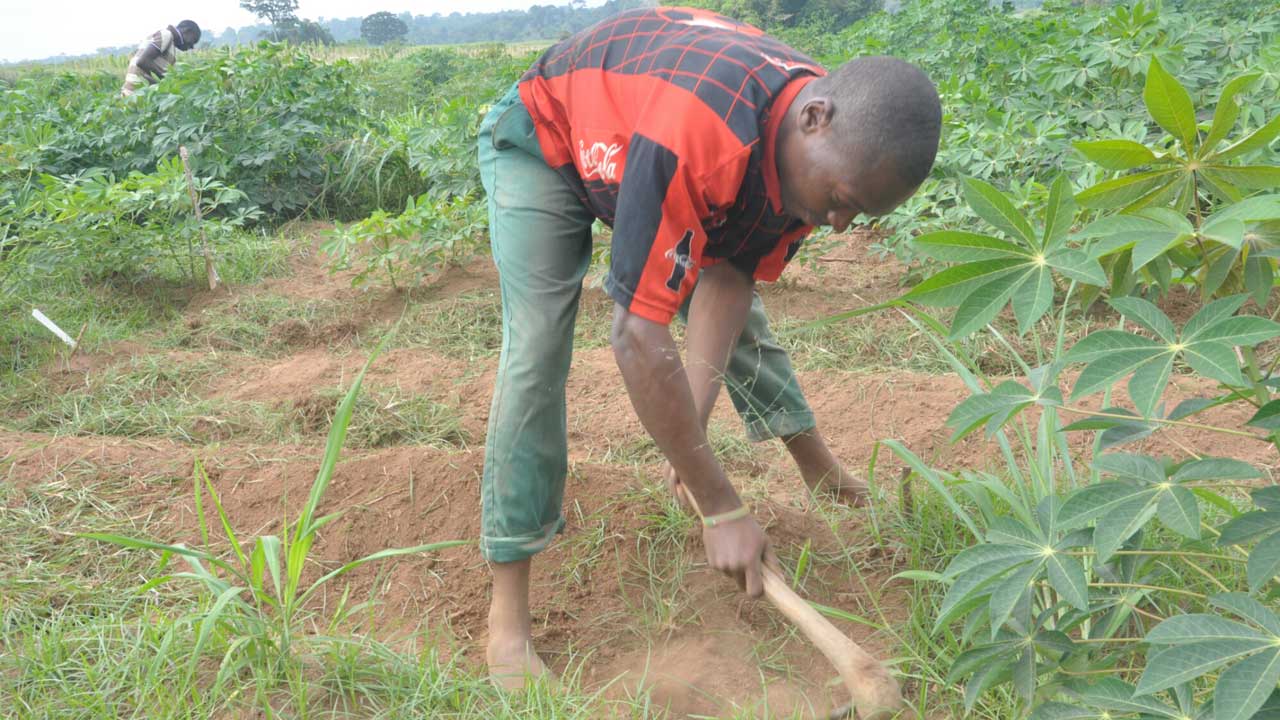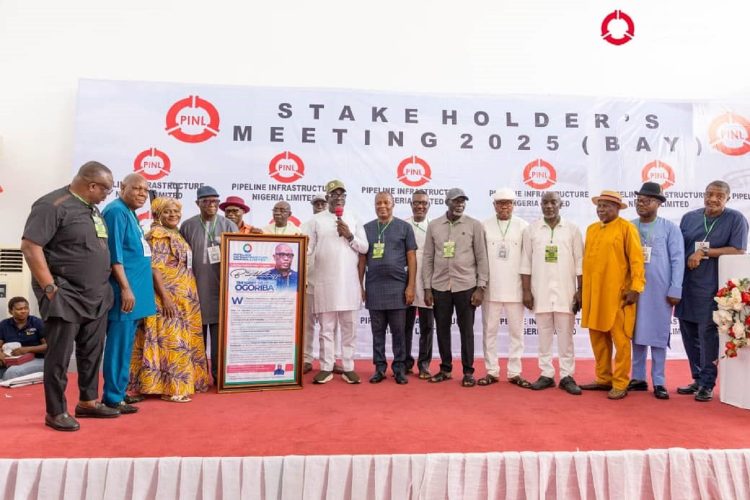
A Guide to SDGs interactions: from Science to Implementation
May 18, 2017
BASELINE STUDY: Conflict Capacity of Stakeholders in WASH Prog across 10 LGAs in the Niger Delta
May 18, 2017The National Root Crops Research Institute (NRCRI) Umudike, Abia State in collaboration with the Federal Government has commenced a two-week training on Cassava Stem Multiplication for 90 youths selected from Anambra, Benue, Ebonyi, Niger, Ogun and Taraba states.
The FGN/IFAD Assisted Value Chain Development Programme (VCDP) started in two batches of 45 youths each with a week’s duration for each batch at the NRCRI Conference Center from May 8, 2017 and would end on May 19, 2017.
Addressing the opening session of the first batch, Executive Director of the institute, Dr. Julius Okonkwo said that the training falls within its mission to provide the necessary environment for the production, processing and marketing of value-added products from root and tuber crops for national food security, income generation, gainful employment and industrial development.
He said that to date, NRCRI has trained over 6000 women and youths on improved production, processing and value addition to root and tuber crops in its Rural, Women and Youths Empowerment Programme adding: “It is in this regard that we are providing our technical expertise to IFAD VCDP to upgrade the capacities of its farmers in the various agro-ecological zones of Nigeria.”
Okonkwo noted that NRCRI currently has about 28 Donor-Funded projects that include IFAD funded project and urged the participants to learn how to become successful farmers and cassava seeds multipliers such that they would be able to teach others in their areas.
NRCRI Director for Farming Systems Research and Development, Dr. Godwin Asomugha said that the participants and states were chosen based on their assessed capacity to cultivate cassava in at least five hectares of land, among others.He stressed the need for developing a vibrant cassava seed sector in the country and enjoined investors to invest in seed multiplication.
Asomugha added that during the training, their capacity, knowledge, identification of seed quality and multiplication would be improved and enhanced to facilitate increased productivity and income hence he hinged output on availability of quality cassava seeds.
Culled from: The Guardian









